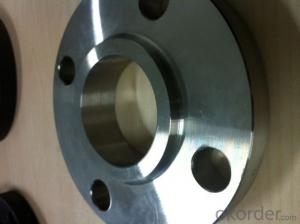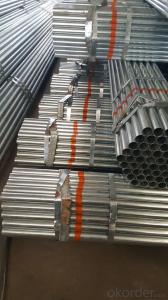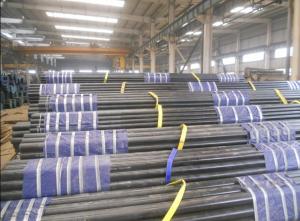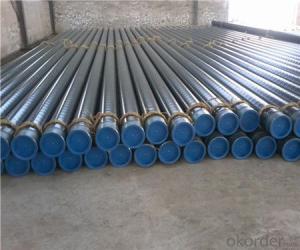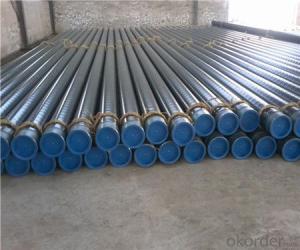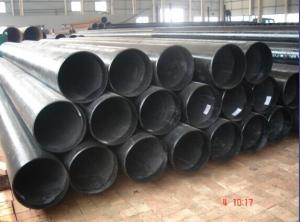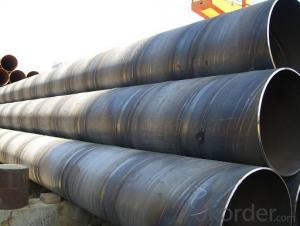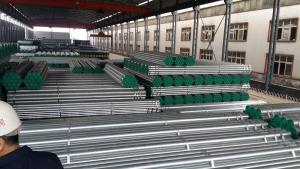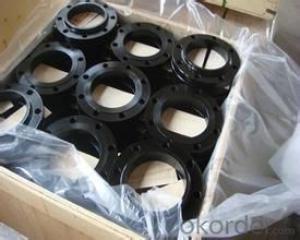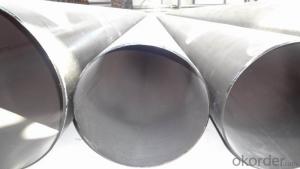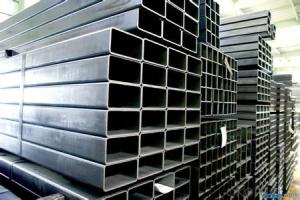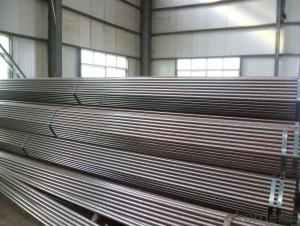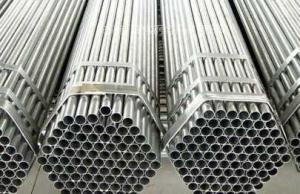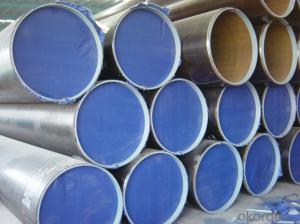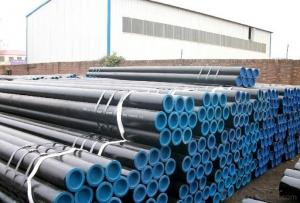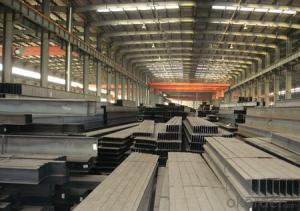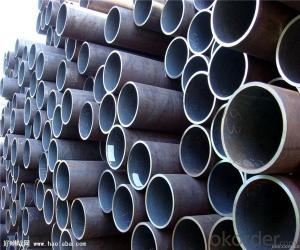All Categories
- - Steel Wire Rod
- - Steel Coils
- - Steel Profiles
- - Steel Pipes
- - Stainless Steel
- - Tinplate
- - Special Steel
- - Steel Sheets
- - Steel Rebars
- - Steel Strips
- - Hot Rolled Steel
- - Cold Rolled Steel
- - Pre-painted Steel
- - Seamless Steel Pipe
- - Welded Steel Pipe
- - Hollow Steel Tubes
- - Galvanized Pipe
- - Stainless Steel Coil
- - Stainless Steel Sheet
- - Stainless Steel Plate
- - Stainless Steel Strips
- - Electrolytic Tinplate Coil
- - Electrolytic Tinplate Sheet
- - Stainless Steel Rebars
- - Solar Panels
- - Solar Water Heater
- - Solar Related Products
- - Solar Inverter
- - Solar Cells
- - Solar Light
- - Solar Energy Systems
- - Solar Controllers
- - Solar Mounting System
- - Solar Pump
- - Solar Chargers
- - Fiberglass Chopped Strand
- - Fiberglass Mesh Cloth
- - Composite Pipes
- - FRP Pultrusion Profiles
- - Fiberglass Mat Tissue
- - Fiberglass Fabrics
- - Fiberglass Mesh
- - Composite Tank
- - Fiberglass Mesh tape
- - Polymer
- - FRP Roofing Panel
- - Fiberglass Roving
- - Monolithic Refractories
- - Ceramic Fiber Products
- - Refractory Bricks
- - Raw Materials For Refractory
- - Suspended Platform
- - Cranes
- - Concrete Machinery
- - Earthmoving Machinery
- - Building Hoist
- - Road Building Machinery
- - Plastic Pipe Fittings
- - Plastic Tubes
- - Plastic Sheets
- - Agricultural Plastic Products
- - Plastic Nets
 All Categories
All Categories
Q & A
What is the impact of vibrations on the integrity of steel pipes in industrial settings?
The impact of vibrations on the integrity of steel pipes in industrial settings can be significant. Vibrations can lead to fatigue failure in the pipes, causing cracks, leaks, or even complete rupture. The continuous exposure to vibrations can weaken the structural integrity of the pipes over time, compromising their ability to withstand pressure and carry fluids or gases safely. Therefore, proper mitigation measures such as vibration isolation or dampening systems should be implemented to minimize the negative effects and ensure the longevity and reliability of the steel pipes in industrial settings.
How are steel pipes employed in the healthcare sector for medical gas distribution and vacuum systems?
Steel pipes are commonly used in the healthcare sector for medical gas distribution and vacuum systems due to their durability, strength, and resistance to corrosion. These pipes are employed to transport medical gases such as oxygen, nitrous oxide, and compressed air throughout hospitals and healthcare facilities. Additionally, steel pipes are used in vacuum systems to remove waste and maintain a clean and hygienic environment. Their reliability and ability to withstand high pressures make them an ideal choice for ensuring the safe and efficient delivery of essential gases and maintenance of necessary vacuum systems in the healthcare sector.
What are the implications of fluid hammer in steel pipelines, and how can it be minimized?
Fluid hammer, also known as water hammer, refers to the sudden pressure surge or shock waves that occur in steel pipelines due to rapid changes in fluid flow. These implications can include pipe damage, leaks, burst, structural failures, and even injury to personnel.
To minimize fluid hammer in steel pipelines, several measures can be taken. One effective method is the installation of surge control devices such as surge tanks, air chambers, or pressure relief valves. These devices help absorb and dissipate the energy caused by sudden pressure changes, preventing the occurrence of fluid hammer.
Another approach involves implementing proper design and engineering practices. This includes sizing pipes appropriately, ensuring gradual changes in flow velocity, and avoiding sharp bends or obstructions within the pipeline system. By optimizing the system design, the chances of fluid hammer can be significantly reduced.
Additionally, regular maintenance and inspection of the pipeline system are crucial. This involves checking for any potential issues like valve failures, trapped air pockets, or excessive water velocities. Identifying and addressing these problems in a timely manner can help prevent fluid hammer and its associated risks.
Overall, understanding the implications of fluid hammer in steel pipelines and implementing preventive measures can help maintain pipeline integrity, minimize operational disruptions, and ensure the safety of both the infrastructure and personnel.
Wholesale Steel Pipes from supplier in America
We are a Steel Pipes supplier serving the America, mainly engaged in the sale, quotation, and technical support services of various Steel Pipes products in the America region. We are a subsidiary platform of the Fortune Global 500 company CNBM, able to provide you with one-stop Steel Pipes procurement services in the America. Not only do we have a wide range of Steel Pipes products, but after years of market development in the America, we can also provide valuable experience for your projects.
